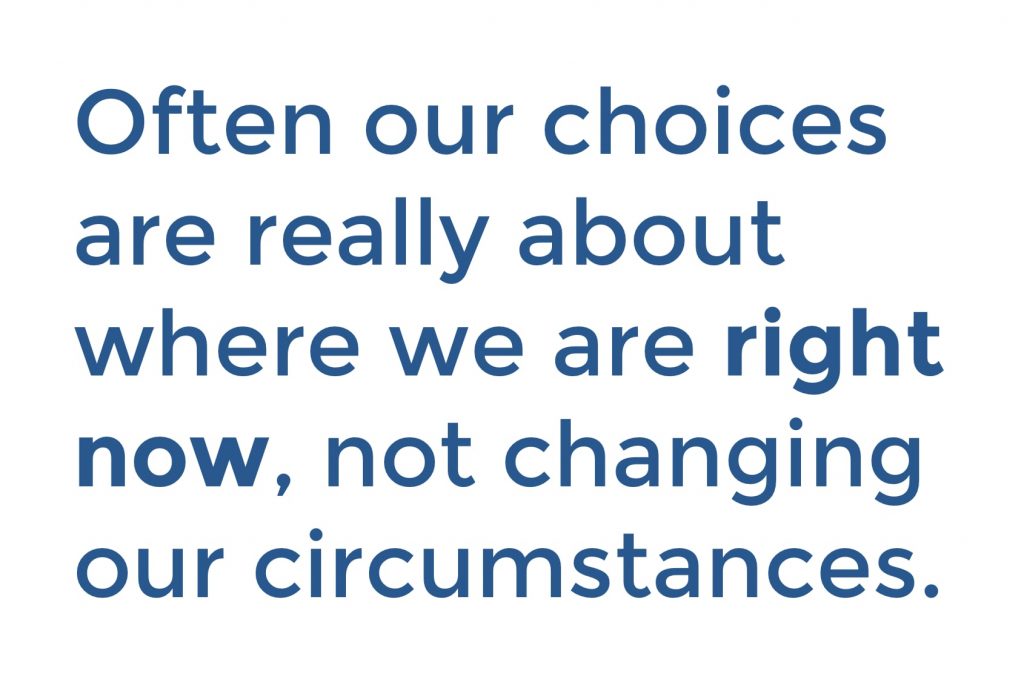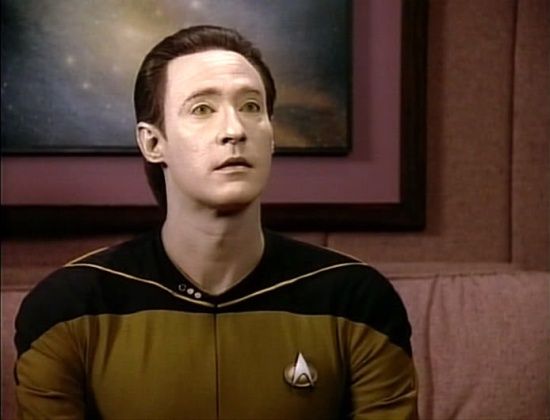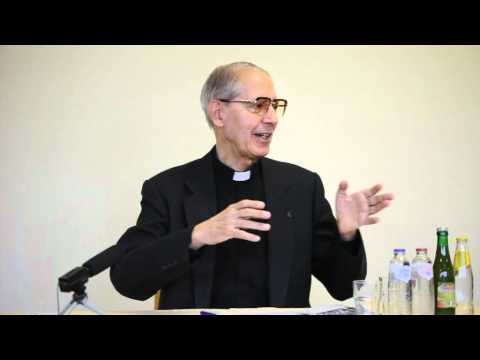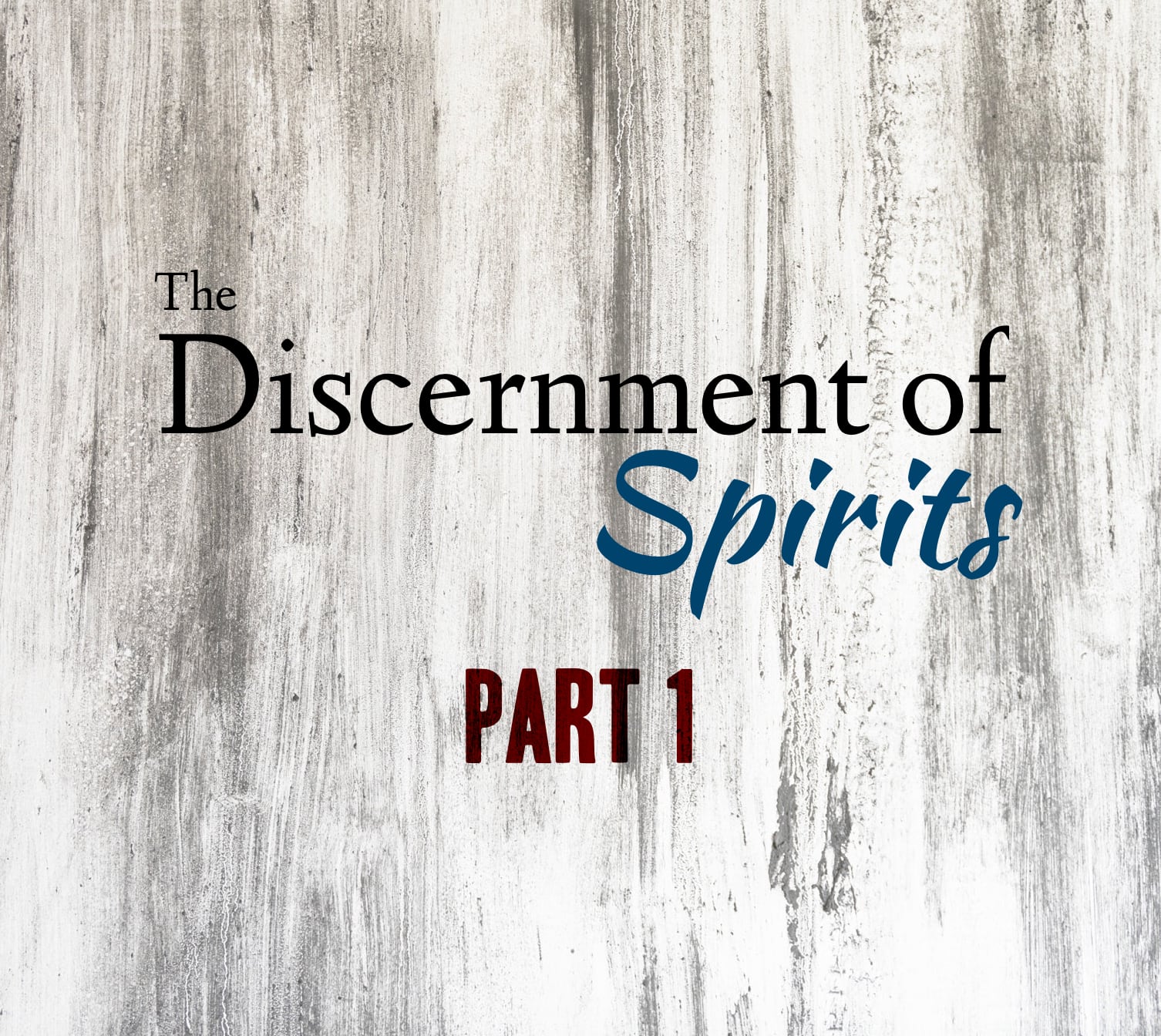 I’ve found that I when I’ve spoken in the past about Ignatian discernment I’ve failed to fully realise that discernment can be a privilege. And just like the Invisible Knapsack of white privilege, being able to make certain life choices is limited often to those with certain means. Not everyone can do the things I’ve chosen to do: go to graduate school, take a semester off, afford to take parental leave without pay, move across the country for work, live close to my job, move to a larger house, or have the time for continuing education. Many people cannot choose these things. Either they don’t have the money to do them, the social capital that would support or encourage them in such choices, or the political ability to make a life change. I think it’s fair to say that for most of the humans on this planet, being able to choose to change one’s circumstances in the way I could is not possible. I’ve met people who may never be able to leave their country of origin, may never be able to pursue higher education, or can’t leave a family who desperately depends on them. They may be in poverty, under political oppression, or living paycheck to paycheck working two or three jobs.
I’ve found that I when I’ve spoken in the past about Ignatian discernment I’ve failed to fully realise that discernment can be a privilege. And just like the Invisible Knapsack of white privilege, being able to make certain life choices is limited often to those with certain means. Not everyone can do the things I’ve chosen to do: go to graduate school, take a semester off, afford to take parental leave without pay, move across the country for work, live close to my job, move to a larger house, or have the time for continuing education. Many people cannot choose these things. Either they don’t have the money to do them, the social capital that would support or encourage them in such choices, or the political ability to make a life change. I think it’s fair to say that for most of the humans on this planet, being able to choose to change one’s circumstances in the way I could is not possible. I’ve met people who may never be able to leave their country of origin, may never be able to pursue higher education, or can’t leave a family who desperately depends on them. They may be in poverty, under political oppression, or living paycheck to paycheck working two or three jobs.
So when I preach about using your gifts or making sure you’re in a career or job that you love, I’m speaking from a place of privilege. Peggy McIntosh’s famous Invisible Knapsack list on the daily effects of white privilege demonstrates this idea of how the human choices involving career, relocation, finances, and education can be limited for those without the knapsack of privilege. Each of these statements from her list are a sign that I am in a position of racial privilege:
- If I should need to move, I can be pretty sure of renting or purchasing housing in an area which I can
afford and in which I would want to live. - Whether I use checks, credit cards or cash, I can count on my skin color not to work against the
appearance of financial reliability. - I can be pretty sure that an argument with a colleague of another race is more likely to jeopardize
her/his chances for advancement than to jeopardize mine. - I can be pretty sure of finding people who would be willing to talk with me and advise me about my
next steps, professionally. - I can think over many options, social, political, imaginative or professional, without asking whether
a person of my race would be accepted or allowed to do what I want to do. - I can easily find academic courses and institutions which give attention only to people of my race.
- I have no difficulty finding neighborhoods where people approve of our household.
- I will feel welcomed and “normal” in the usual walks of public life, institutional and social.
Unchangeable circumstances
Limitation of choice is obviously not limited to the racially unprivileged. This is simply to illustrate that the major decisions people like me freely speak about are not available to many in numerous “unprivileged” situations. And this can be discouraging, especially when people feel “stuck” in a certain job or life situation.
 While much has been written about the methods and mechanics of Ignatian decision-making, it seems to me that little has been discussed about Ignatius’ note about situations that may not be able to be changed. In the Spiritual Exercises he names these as marriage, priesthood, and religious life, which represent a permanent commitment, though even these likely resulted from one’s freedom of choice. Of course there are life situations that are, for the time being, unchangeable yet did not arise from one’s freedom of choice. David Fleming writes that “there are other choices which can be changed, such as … a decision to live according to a certain life style for a set time” (Draw Me Into Your Friendship, 135). Often our choices are really about where we are right now, not changing our circumstances.
While much has been written about the methods and mechanics of Ignatian decision-making, it seems to me that little has been discussed about Ignatius’ note about situations that may not be able to be changed. In the Spiritual Exercises he names these as marriage, priesthood, and religious life, which represent a permanent commitment, though even these likely resulted from one’s freedom of choice. Of course there are life situations that are, for the time being, unchangeable yet did not arise from one’s freedom of choice. David Fleming writes that “there are other choices which can be changed, such as … a decision to live according to a certain life style for a set time” (Draw Me Into Your Friendship, 135). Often our choices are really about where we are right now, not changing our circumstances.
Choosing to see with new eyes
Margaret Silf says that it often is being where we are right now, allowing ourselves to be “dipped” into God, and returning to the same place a little bit more free. That “dipping” into God in a way cleanses us of fears, anxieties, and resentments, so we can return to where we were with new eyes. I may feel like I’m in a job that doesn’t use my gifts, but can I find ways to exercise kindness and use my work to bring love and joy to my colleagues or customers? I may be caring daily for a sick or needy relative, truly feeling the burden that can often be, but can I see Christ in them and let my service find its joy in a love of God? There was a study done a few years ago of hospital workers. They found that among those who cleaned hospital rooms there were some who “broke the rules” and engaged with the patients, conversed with them, and brought them a cup of water or a blanket. Those people saw their jobs as more than “just cleaning rooms”. Some, when asked to give themselves a job title, saw themselves as healers. They saw their work with “God-dipped” eyes! They chose not to change careers or go somewhere else, but to see their job in a new way.
Doing God’s work or building the kingdom is less about changing circumstances than it is about transforming one’s heart. It’s sometimes about seeing our neighbour differently, seeing our purpose differently. If we can change our circumstances to pursue that career we desire or move into a better school district for the sake of our children, then great. That’s okay, as long as we keep the perspective of privilege. McIntosh calls it an invisible knapsack because we’re often unaware of it. It’s always been out of sight on our back, so it feels a part of us. We don’t notice its weight.
This puts our choices in a new perspective. Discernment has always a justice element because building the kingdom is always oriented toward this, but now we notice how the existence of our various knapsacks shines a new light on things. It adds a different dimension to our discernment.
Related posts:
- Doing What We Love (Facebook Live)
- Who You Are: Moana’s Call to Discernment
- Election (The Ignatian Kind)
Listen to the podcast version of this post…









I am unsubscribing as a result of this article
I cried when I read this article; it touched me so deeply. It’s so true.
I was made aware of my white privilege through a stirring of the Holy Spirit, many years ago. I was probably about the same age as you are now Andy. It makes our lives unquestionably, and undeservedly easier. Even whites in crushing poverty have more opportunities than people of color. To say we should be grateful for the blessing of the color of our skin is of course patronizing to people of color, but there was a time when it was among my list things for which I was thankful.
Do we need to mortify ourselves for the color of our skin for which we have no fault, with which God created us with?
Using the lens of sex, or the newest twist on how to be different, gender, or race, creed, nationality, political views…anything we can differ from one another with, is reducing discernment of how to fulfill God’s will in the life God gave us to the lowest common denominator.
This type of “discernment” ignores the fact that we are each created equally as a whole person. Anything that detracts from this is created by our detached and possibly self-centered human thought process. And yes, that humanness is fraught with weaknesses. For this reason, we each must utilize our right to stand for our own honor and dignity as a human, a whole, God-created human. Not a “this color or that color” or “this gender or that gender”, etc…human being.
Equality is being done an injustice by the fractionating of what makes up a human person. It is a distraction! Being a certain color, sex, gender, political party, or having more or less money, etc. is only a part of the life we are living here on Earth. Looking at these components separately reduces us to that component only. When we only look at how we treat others based on one aspect of that person, we sell them short.
We must strive to look at our time on Earth as part of our eternal life, a small part, but important. It is a gift that was given to us. Pierre Teilhard de Chardin, SJ stated this well, ‘We are not human beings having a spiritual experience. We are spiritual beings having a human experience.’
The best question to ask each day in discernment is ‘How did I measure up to your standards today Lord?’ This will always lead you in the right direction and the most succinct guide to this is right in Luke 6:31,”Treat others the same way you want them to treat you. (NAB)”
It’s good to sit and listen and take other points of view.
The “privilege” you speak of has nothing to do with race and everything to do with income. When my children were small we lived on a VERY limited income. They were blocked from any number of enrichment programs that were open to children of substantially more means simply because they were white. THAT is the reality. I’m amazed that a site dedicated to St Ignatius would jump on the atheistic “social justice” bandwagon. It’s very sad.